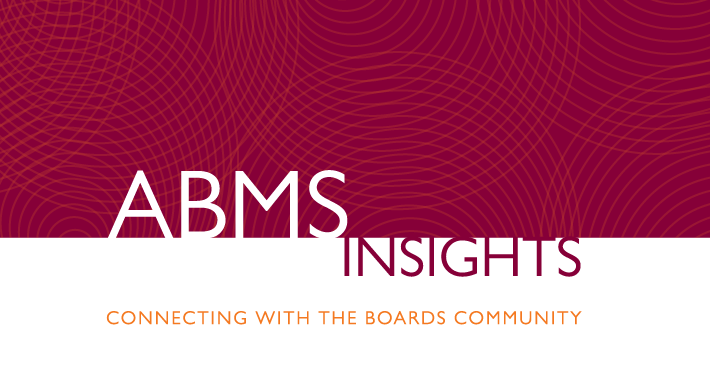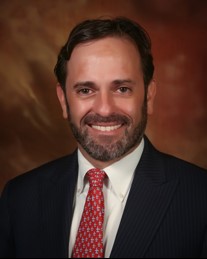
By Donald J. Palmisano Jr., Executive Director, Medical Association of Georgia

Shortly after Georgia became the second state to pass a law limiting MOC’s applicability in 2017, I was approached by several key stakeholders during the American Medical Association’s annual meeting—keeping in mind that I chaired the American Association of Medical Society Executives’ (AAMSE’s) State CEO Committee at the time. This included Cathy Rydell, the CEO of the American Academy of Neurology, and Hal Lawrence, MD, the former CEO of the American College of Obstetricians and Gynecologists.
They wanted to see if there was a way to streamline the patchwork of state laws that were being passed to limit MOC’s applicability—and it was the first time, at least that I could recall, that the national specialty societies showed a real interest in working with the state medical societies in this kind of cooperative way.
The American Board of Medical Specialties’ (ABMS’) Board of Directors subsequently called for the formation of the Continuing Board Certification: Vision for the Future Initiative to reform MOC. I was honored to represent the Medical Association of Georgia and AAMSE as a member of the Vision Commission.
Following a lot of preparation—including attending seminars to understand the role of the Accreditation Council for Continuing Medical Education, Accreditation Council for Graduate Medical Education, Federation of State Medical Boards, and others—the first face-to-face meeting of the Vision Commission took place in the first quarter of 2018. Its 27 members included representatives of some of the ABMS Member Boards, national specialties, state medical societies, private practice physicians, and patients.
Knowing how unpopular MOC has been with physicians in Georgia, I walked into my first Vision Commission meeting ready for a good fight—ready to be a zealous advocate for my constituents. I saw ABMS and its Boards as bureaucrats who had committed an injustice on the medical profession. There was no way anybody was changing my mind.
But it didn’t take too long for my blood pressure to drop. ABMS gave a great presentation on MOC that included a balanced and wide array of perspectives, including those of practicing physicians. Everybody in the room had an opportunity to weigh in, and ABMS genuinely listened. The takeaway was clear: Practicing physicians did not see value in MOC in its current form.
It also didn’t take long for me to realize that there also had been a lot of finger-pointing and poor communications going on within the House of Medicine when it came to MOC. And the relationship between the ABMS Boards and the diplomates effectively ended once initial certification was done. It was easy to see why physicians were frustrated and didn’t see any value in MOC.
At the end of the literal and figurative day, ABMS accepted the stakeholder feedback as reality. They owned it. And with each passing day, I became more convinced that the diverse group of people who served on the Vision Commission shared a common goal – which was doing what’s best for physicians and their patients.
I now have a greater appreciation for not knowing what I didn’t know going into that first Vision Commission meeting. We are all naturally cynical, but I admit that I should have been more open-minded and less emotional. I am convinced that the biggest problem with MOC has been a breakdown in communication, which is something that I hope and believe we can fix in the coming months and years.
It will take some time, but I also genuinely believe that physicians will be pleased with the changes that are taking place in “continuing certification.” The Vision Commission’s final report is the result of a lot of hard work and it represents a lot of diverse perspectives.
I would like to thank ABMS and its Member Boards for listening and taking the action that they have. I am proud to have been part of the process, and I support the Vision Commission report’s findings and recommendations in full.
© 2019, American Board of Medical Specialties.
Read the Latest Issue of the ABMS Insights Newsletter
-
Read More:
- ABMS Insights |
- Achieving the Vision |
